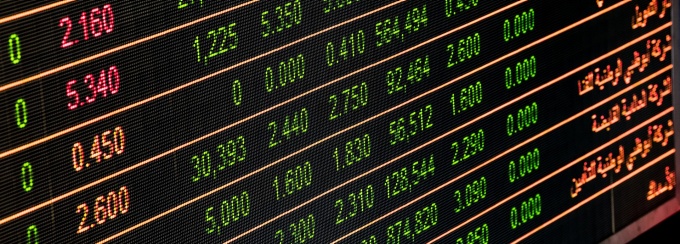What is Economics?

More than just numbers
Economics is all about making choices when resources are limited. It helps us understand how people, businesses and governments decide what to do with their money, time and effort. At its core, economics is the study of scarcity and how we use our resources to improve lives both individually and as a society.
Sure, economics involves equations, data and graphs but it's also a social science with deep connections to fields like political science, psychology, law, medicine and business. Whether you're interested in public policy, entrepreneurship, urban planning or global trade, economics gives you a powerful way to analyze problems and make smart decisions.
Economics is Personal (Microeconomics)
Microeconomics looks at individual decision-making. It’s about how people and companies make choices, from everyday spending to big investments. If you’ve ever asked yourself:
- Should I buy or lease a car?
- Should I invest in stocks or bonds?
- What’s the best way to use my time and money?
Then you’ve already been thinking like a microeconomist. This branch helps you become smarter about managing your resources and making informed personal and professional decisions.
Economics is Global (Macroeconomics)
Macroeconomics zooms out to study the bigger picture—like inflation, unemployment, national income, and economic growth. It helps answer big questions like:
- Why are some countries wealthier than others?
- What causes recessions?
- How do government policies impact the economy?
Understanding macroeconomics is key for anyone interested in leadership, policy-making or navigating today’s complex global economy.
Our faculty and doctoral students are asking tough questions and making a real impact—across the country and around the globe. Their work blends theory with hands-on analysis to tackle the economic challenges shaping our world.
How do global trade and currency exchange affect national economies? Our faculty examines trade flows, exchange rates and international finance to better understand the links between nations and markets.
Econometrics turns data into insight. By applying math and statistics to real-world data, our researchers test theories, find patterns and forecast trends that help shape policy and business decisions.
Who gets hired, how much they earn and why it matters. Labor economists study the job market, wage gaps, migration, and how public policies affect workers and employers.
Macroeconomists develop models to explain the big forces behind economic growth, inflation, unemployment and more. Their research supports better decision-making for governments, institutions and international organizations.
Environmental economics focuses on the efficient allocation of resources and the economic consequences of environmental policies concerning issues such as pollution, resource depletion and climate change.
Why are some countries rich and others poor? Development economics examines the economic, social and political challenges faced by developing countries, aiming to promote economic growth, structural change and improved living standards.
We’d love to show you more about what makes the Department of Economics so unique. Here are some easy ways to start exploring: